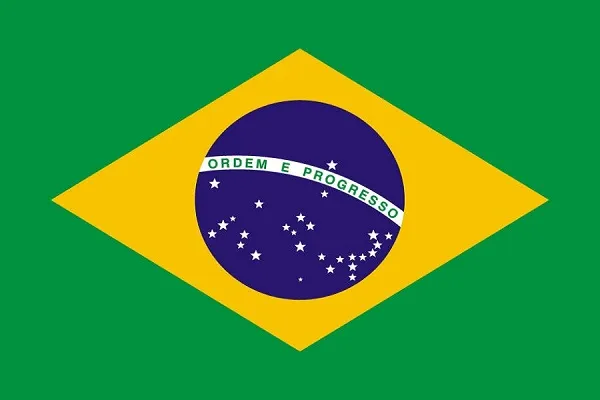Every year, the urgency to combat climate change intensifies. The Intergovernmental Panel on Climate Change (IPCC) warns that we are drifting away from the goal of limiting global warming to 1.5°C, set in the Paris Agreement, and heading towards a temperature increase of up to 2.4°C by the end of the century. This scenario could have devastating consequences, affecting ecosystems, communities, and global economies.
Despite advances in renewable energy technologies, the growing demand for energy and continued reliance on fossil fuels keep emissions high, reinforcing the alarming path we are on.
📉 Rising emissions and the global outlook
The IPCC report indicates that if current emissions persist, global warming could reach between 1.8°C and 2.4°C by 2100. Extreme climate events like droughts, floods, wildfires, and rising sea levels are already disproportionately affecting vulnerable populations.
⚡ Energy demand: What’s at stake?
The increasing demand for energy, driven by industrialization and population growth, is one of the main drivers of this rise in emissions. Sectors such as transportation, industry, and electricity generation still rely heavily on fossil fuels, intensifying the crisis.
The Role of the Paris Agreement
The Paris Agreement aims to keep global warming below 2°C, with the ideal target of staying at 1.5°C. To achieve this, global emissions need to be reduced by 55% by 2030 compared to 1990 levels. The B4 Climate Action Clock, launched on August 13, 2023, reminds us daily that time is running out. Immediate and coordinated actions are essential to reversing the current trajectory.
🌍 B4 Climate Action Clock
This positive impact indicator reminds us of the importance of each climate action and that the future of the next five years depends on the initiatives we take today. Every step to reduce emissions is critical to avoiding the worst effects of climate change.
Moreover, B4 has developed the Climate Agent, an artificial intelligence tool that enables companies to quickly and effectively assess their carbon footprint. With this tool, companies can identify their greenhouse gas emissions and take immediate action to reduce their environmental impacts.
❓ Questions for reflection
• What are you doing to reduce your carbon footprint?
• How can companies accelerate the energy transition?
• What is needed for Brazil and the world to meet climate goals?
The path toward 2.4°C is alarming, but there is still time to act. With tools like the Climate Action Clock and the Climate Agent, we can measure and manage emissions. The challenge lies in implementing these changes globally and within a timeframe that avoids the most severe impacts of the climate crisis.
B4 is committed to accelerating this transition and providing companies with the resources needed to make a difference. Every action counts, and we can still change the game.
🔗 Learn more about the Climate Action Clock and join us in this mission. The clock is ticking!
Sources:
1. IPCC – Intergovernmental Panel on Climate Change
2. Paris Agreement
3. International Energy Agency (IEA)






